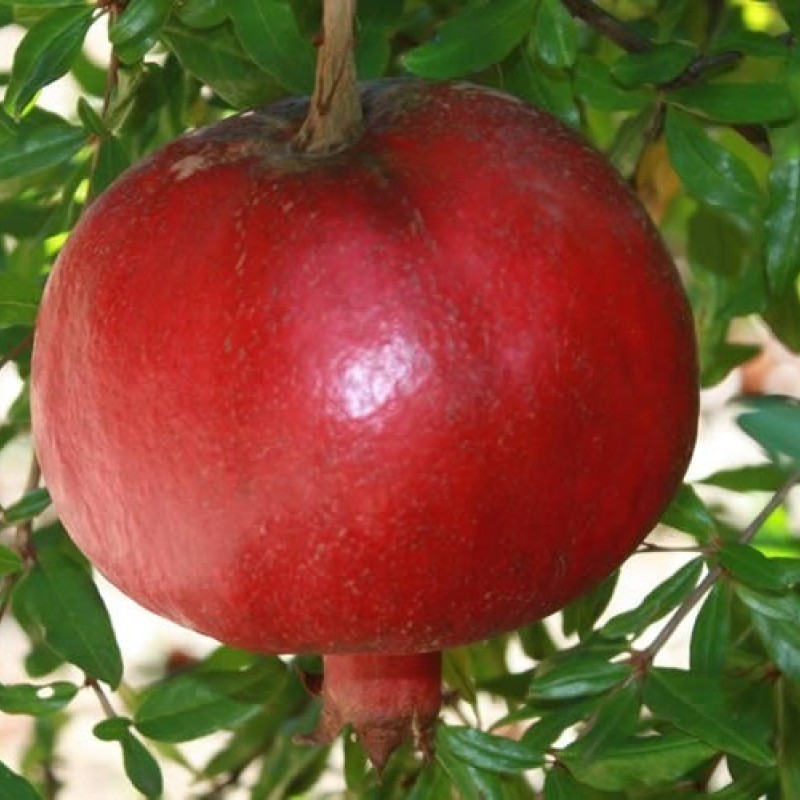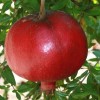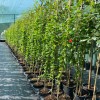Out Of Stock
Pomegranate (Punica granatum) NIKITSKI RANNI
0.00€
Ex Tax: 0.00€
- Stock: Out Of Stock
- Breeder: Nikitský botanický sad, Jalta, Ukrajina
- Weight: 2.00kg




